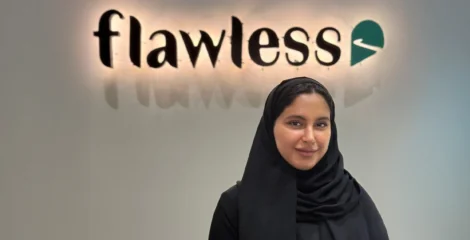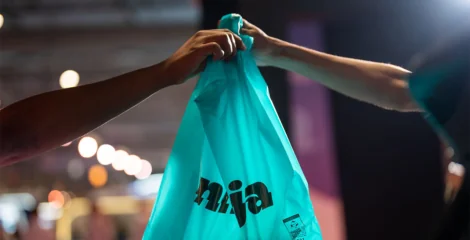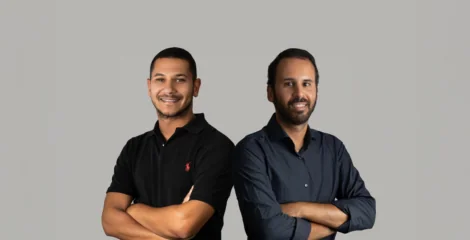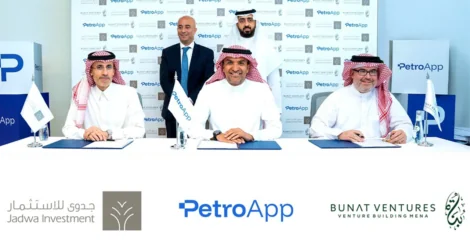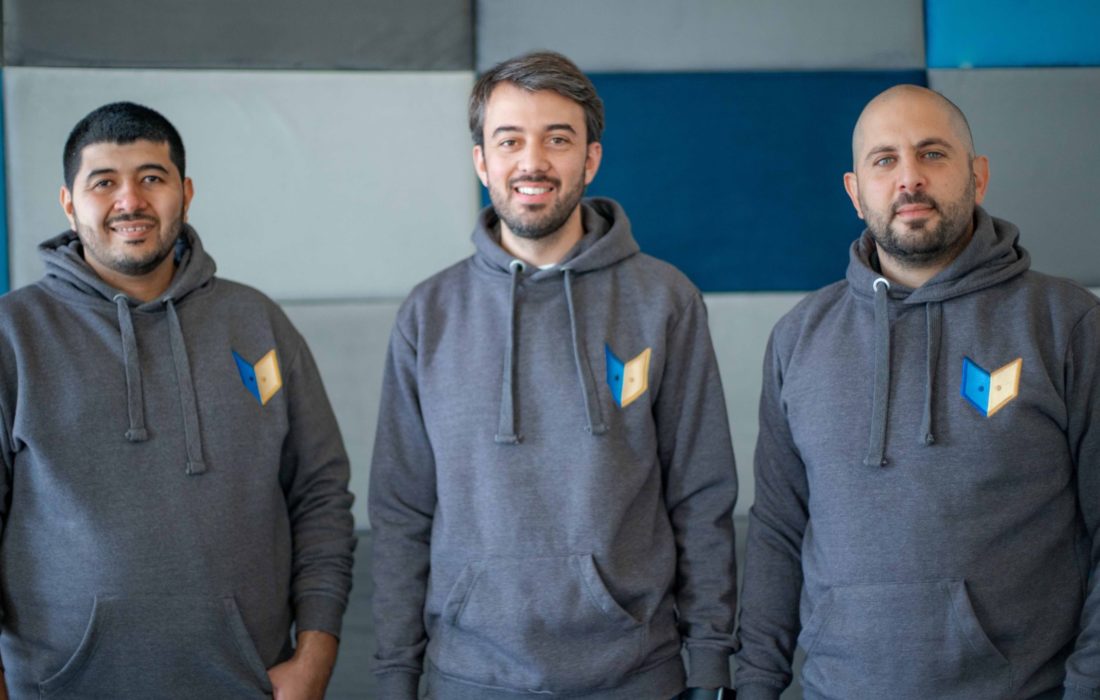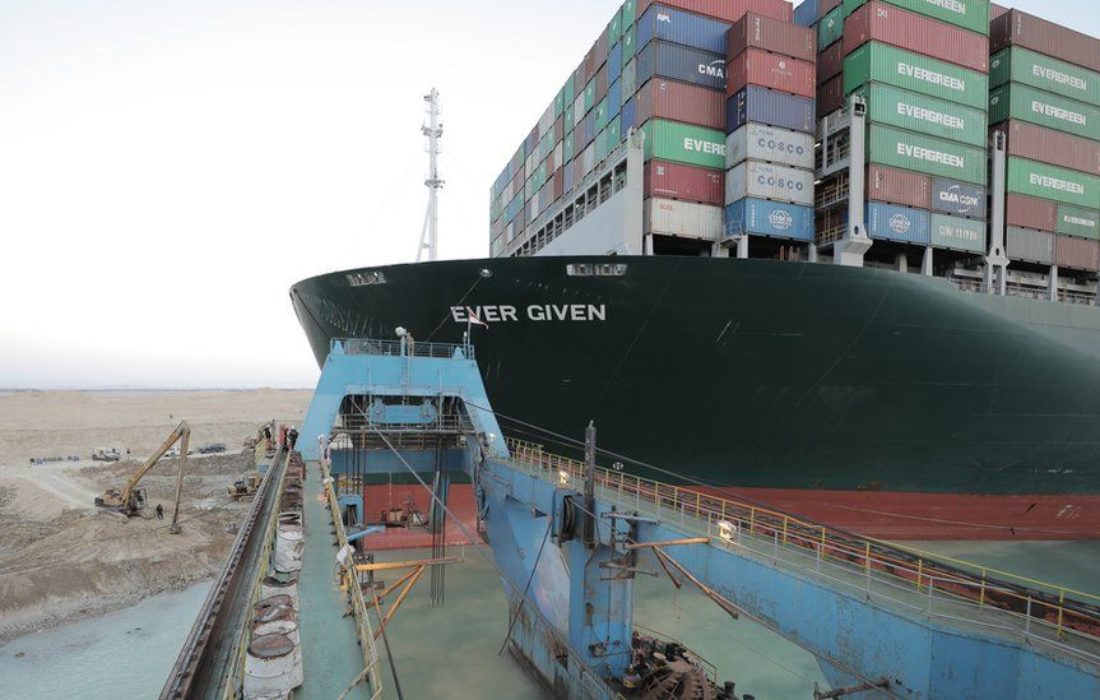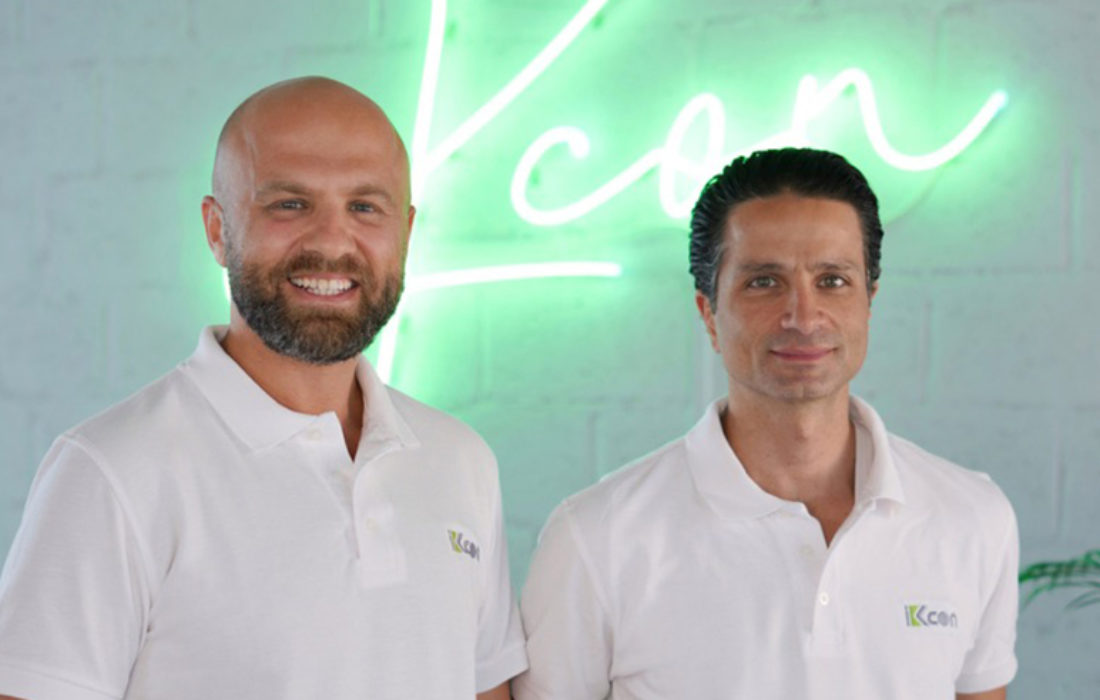Agricultural waste is usually burnt by farmers, this includes palm midribs, the leaves at the top of palm trees. However, this practice causes severe pollution, affects the quality of soil and on a large scale can cause holes in the ozone layer. There are approximately 150 million palm trees in Egypt and each palm tree gives around 30 palm midribs. More than 400,000 tons of palm midribs are burned annually in Egypt.
An Egyptian startup is tackling the problem of palm midrib waste. Jereed turns palm midrib into an alternative for wood and creates eco-friendly high-end furniture and flooring out of this material. WAYA asked Omar Moneim, Co-Founder of Jereed what makes the startups eco-friendly. He said, “for every three items that we make, we are avoiding cutting a tree so we are trying to avoid the harmful way of cutting a tree and making a sustainable substitute for this”. Additionally, by upcycling the palm trees’ waste, the startup is keeping farmers from burning it.
An Undervalued Renewable Material
Moneim talks about using the product with pride. He tells WAYA that palm midribs and other materials that are often considered waste are resources that should be used instead of importing materials from foreign countries. He says “I have my big family living in a village. Looking at such people who live in villages who have a lot of renewable materials and yet they work in industrial factories… They all deserve to be working on their own material instead of neglecting their material”.
The issue with waste material does come from rural areas only. Clients in cities and even abroad can also be skeptical about using this material for the homes. The majority of people consider the palm midrib as a material in the cycle of poverty. “People cannot imagine what value can they make out of producing something from this material in a high-end product,” says Moneim.
Jereed works with local and international designers to create high-end furniture and parquet for their clients. The result is a high-end local product made from a renewable material.
If you see something out of place or would like to contribute to this story, check out our Ethics and Policy section.

